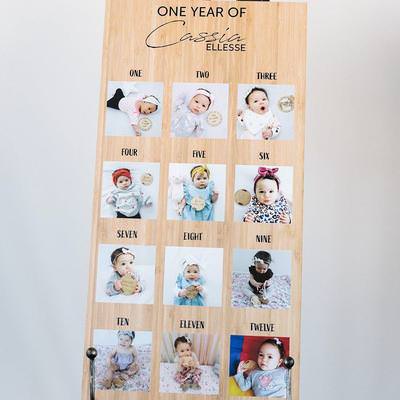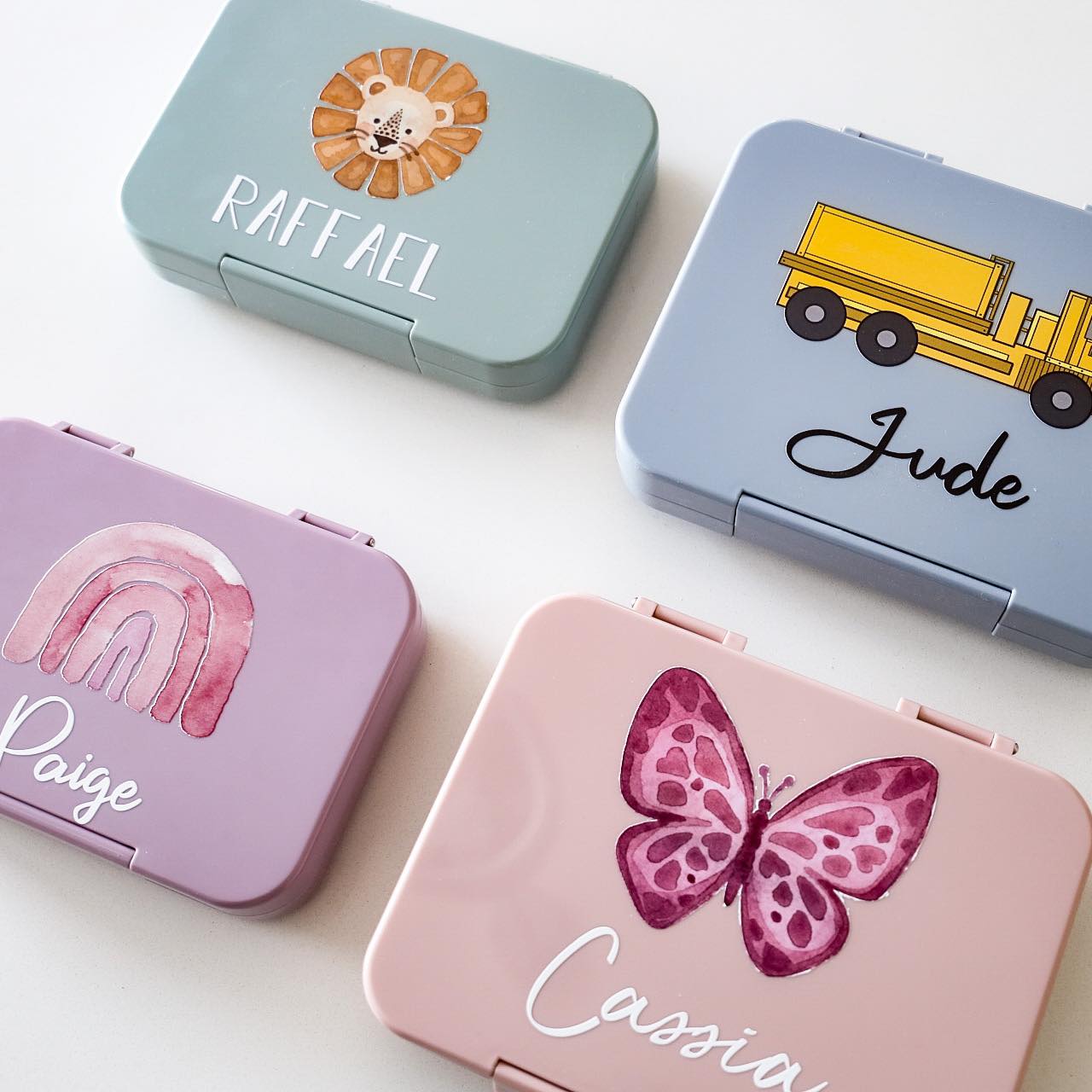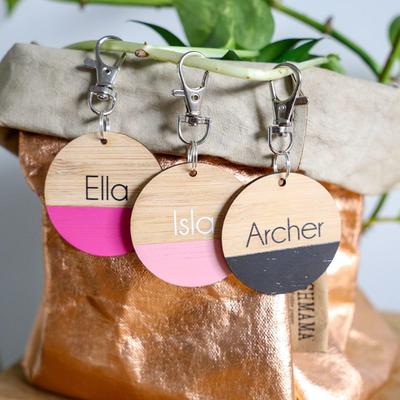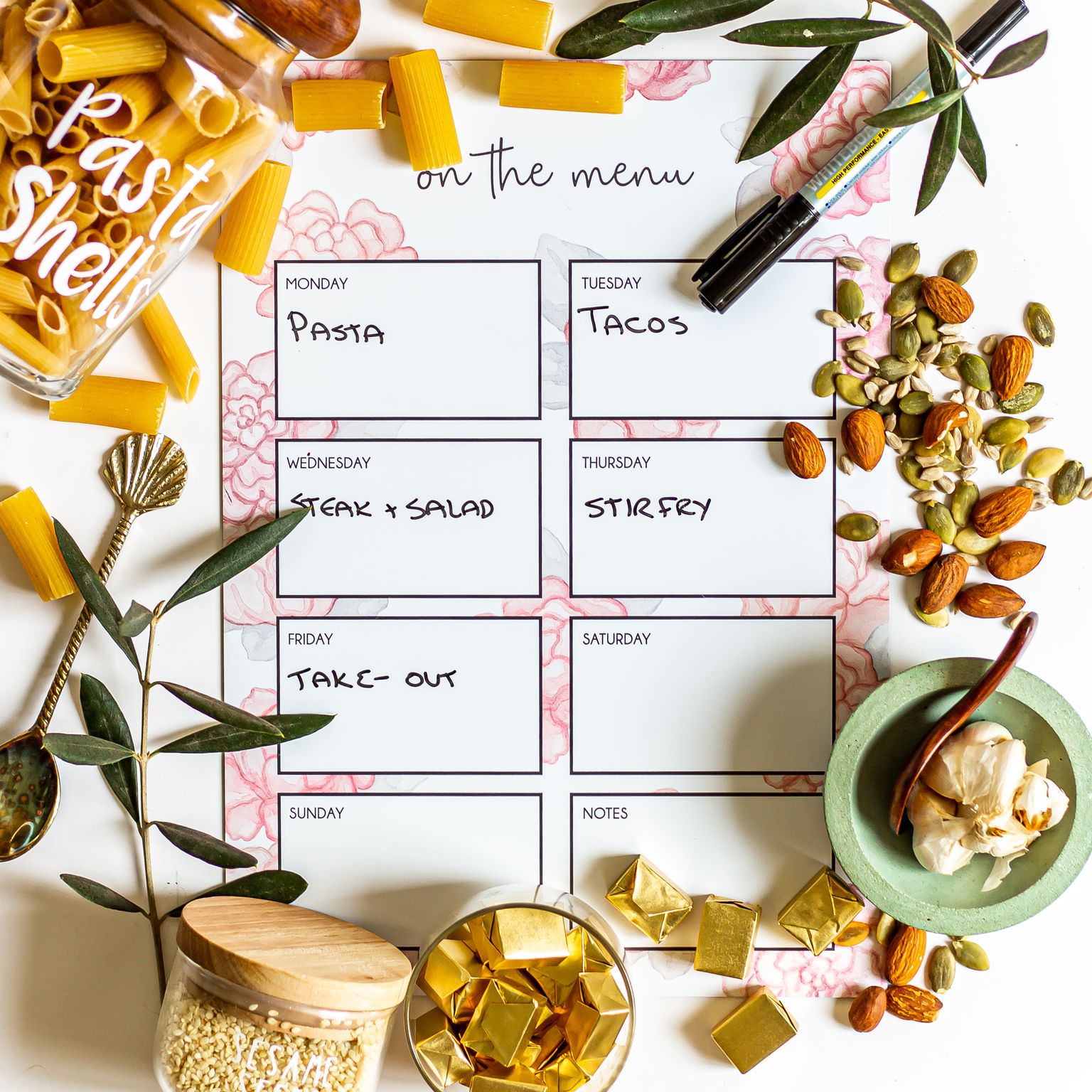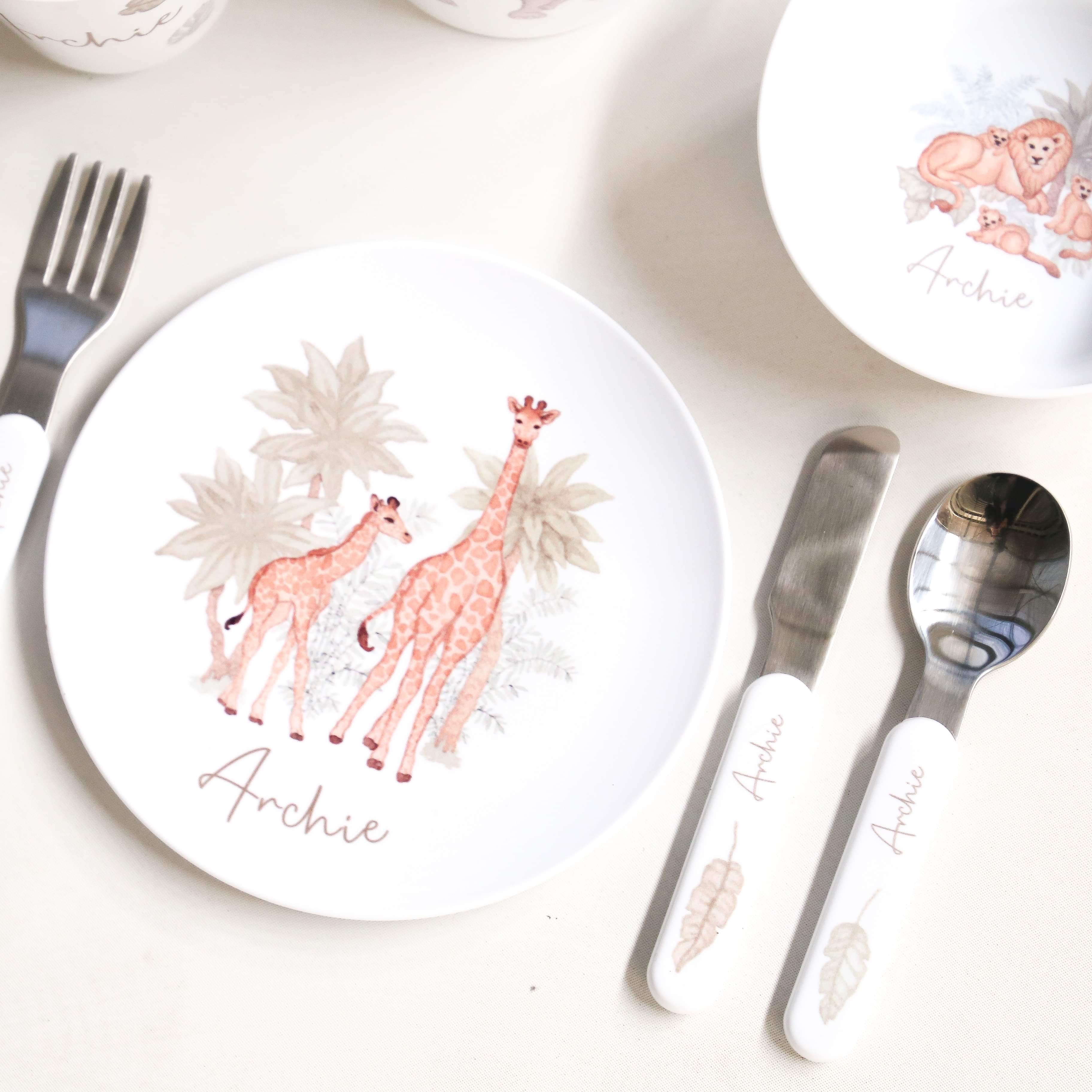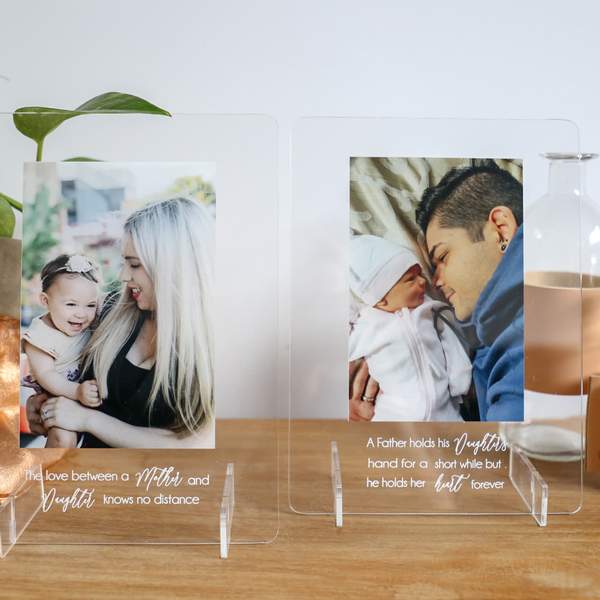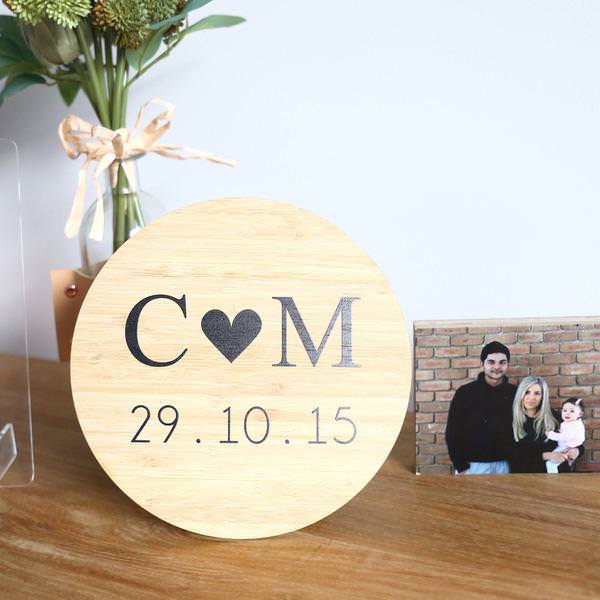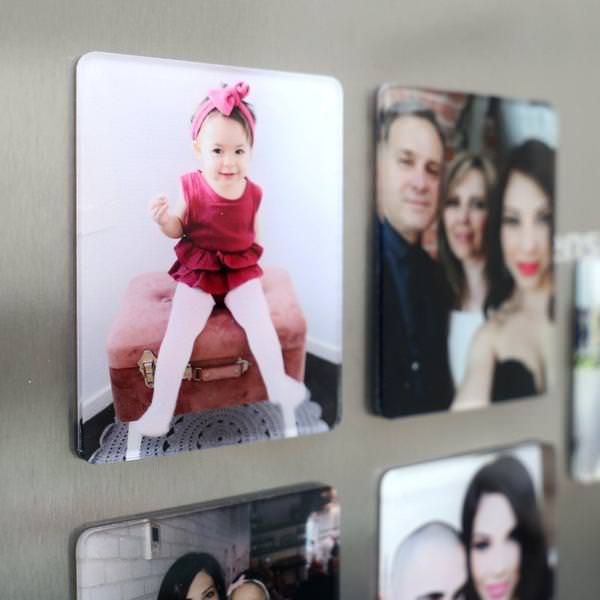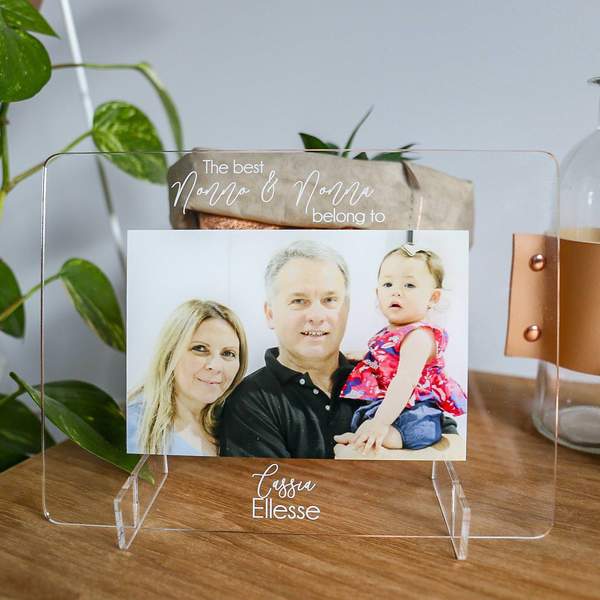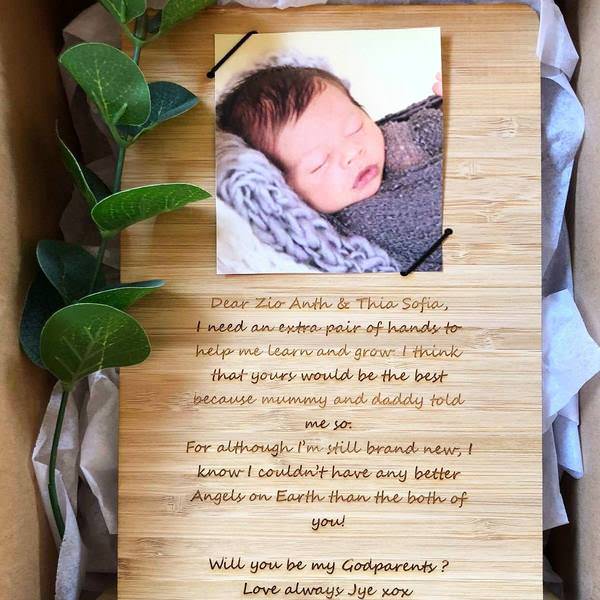
Are you considering co-sleeping with your baby? To be honest, we can’t blame you. Most mothers want to spend as much time as possible with their little one and sleeping with them close by you is a lovely way to offer them comfort, protection, security and love. However, if you do decide to tuck up your baby with you in bed or leave them to sleep on your chest as you snooze, you must understand when and how to do it safely as there are some circumstances when allowing your baby to sleep with you can be extremely dangerous.
So, if you’re wanting to snuggle up with your little one, make sure you follow our tips to ensure safer co-sleeping and comfort for both you and your baby.
What is Co-Sleeping?
Put simply, it’s when you and your baby sleep in the same bed although, in this article, we also include allowing your baby to sleep on your body or chest while you snooze.
How to Make Co-Sleeping as Safe as Possible
We all love the idea of snuggling up and getting cosy with our baby – it’s only natural - but you must always make sure that your baby is safe. To make co-sleeping as safe as possible when they are in bed with you:
-
Your baby should be placed on their back to sleep. Never put baby on their side or tummy.
-
Don’t allow your baby’s head and face to become covered by sheets, bedding or pillows – their face and head should always remain uncovered.
-
Use a firm mattress and make sure that it’s lying flat; it must not be tilted or elevated in any way.
-
Don’t have your bed pushed up against a wall. Your baby may become trapped between the wall and the bed.
-
You may want to put your mattress on the floor to reduce the risk of your baby falling off the bed and being injured.
-
Always place your baby at the side of one parent. Do not place baby between two adults or next to other children.
-
Never put your baby into a bed with a pet.
-
Do not wrap or swaddle your infant. You can, however, use a sleeping bag with a fitted neck and armholes but without a hood.
-
Remove any teething necklaces from your baby and make sure their dummy, if they use one, conforms to Australian safety standards.
-
Tie up your hair if it’s long and remove any jewellery you may be wearing.
Times When You Should Never Co-Sleep with Your Baby
Even if you are practising safe co-sleeping, there are some occasions when you should not sleep alongside or even lie down with your baby. These include:
-
Times when you are feeling unwell.
-
If your baby is unwell.
-
If your baby was premature or is smaller than average for their gestational age.
-
If you are feeling overly tired.
-
If you or your partner have been drinking alcohol.
-
If you or your partner smoke – this includes smoking outside the bedroom.
-
If you or your partner have taken any drugs that are known to make you sleepy or less aware of your surroundings. This also includes prescription drugs.
If you have taken drugs, drunk alcohol or you’re feeling very tired or unwell, you are less likely to wake up promptly should a problem arise. Furthermore, if your baby is sick, was premature or is small for their gestational age, they are more at risk from sudden infant death syndrome (SIDS). Unfortunately, co-sleeping also increases this risk so you mustn’t be tempted to sleep with your baby. If you think you are likely to drop off when you have your baby in your arms, you should place them in their cot or crib.
So don’t forget – if you intend to co-sleep with your baby, make sure to follow our tips to ensure that you do it safely.

